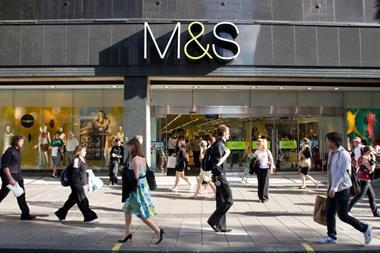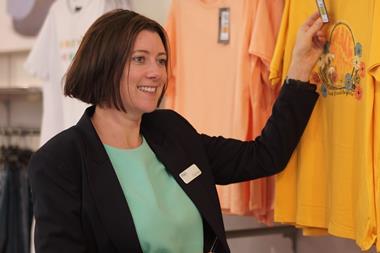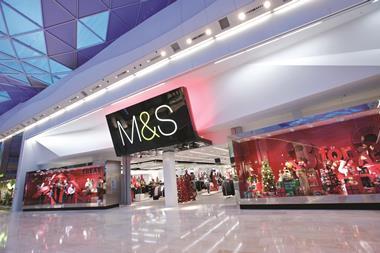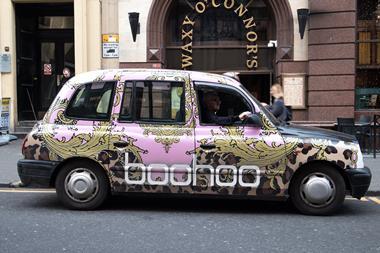In-work poverty, discrimination and health worries have been revealed in Marks & Spencer’s supply chain at home and abroad.
A study by Oxfam, independently conducted but with the backing of Marks & Spencer, found a raft of concerns among workers in the retailer’s grocery and footwear supply chains in the UK and India.
Almost 400 people were interviewed for the report at food manufacturing premises in the UK and leather footwear factories in India that supply a range of retailers as well as M&S.
The work was undertaken to improve M&S’s understanding of the issues, which often fail to register in audits because of worker fears, and point to ways forward.
Oxfam’s research showed “a disconnect between the information that M&S managers receive about conditions in workplaces, based largely on third-party ethical audits, and what workers report as their experience”.
The conclusion was that M&S and retailers more widely need to “move away from a reliance on compliance and audits and explore alternative methods of assuring standards, such as better worker representation and reporting channels and business practices that drive positive change”.
The report came as conditions in the retail supply chain increasingly come under the spotlight. Online fashion star Boohoo, for instance, has been embroiled in controversy about some supplier factory conditions.
Oxfam workers’ rights senior manager Rachel Wilshaw said: “This joint project gave Oxfam a rare opportunity to hear directly from workers in M&S’s supply chain. What they told us makes for uncomfortable reading. Workers described many problems that don’t normally come to light because of a lack of trust in reporting channels.”
It is hoped that the research will help retailers to address the gaps from reliance on audits and identify “workable solutions to galvanise sector-wide change”.
M&S head of sustainable business Carmel McQuaid said: “Setting standards in our own supply chains, however rigorous, can only set a baseline. To be serious about ensuring everyone who works with M&S is treated with decency and respect, we must hold a mirror up to make sure the reflection is true.
“For this reason, we asked Oxfam to conduct a gap analysis of our supply chain. The findings have made clear that, whilst audits remain a key tool for businesses, nothing beats hearing directly from workers.
“As part of our response, we have already taken action to scale our worker voice programmes and we commit to share our learning about what works and to help drive meaningful industry-wide change.
Wilshaw said: “For M&S to open up its supply chain to Oxfam’s scrutiny shows it is willing to engage on difficult issues and open to improve. We need more companies to do the same.”


























No comments yet